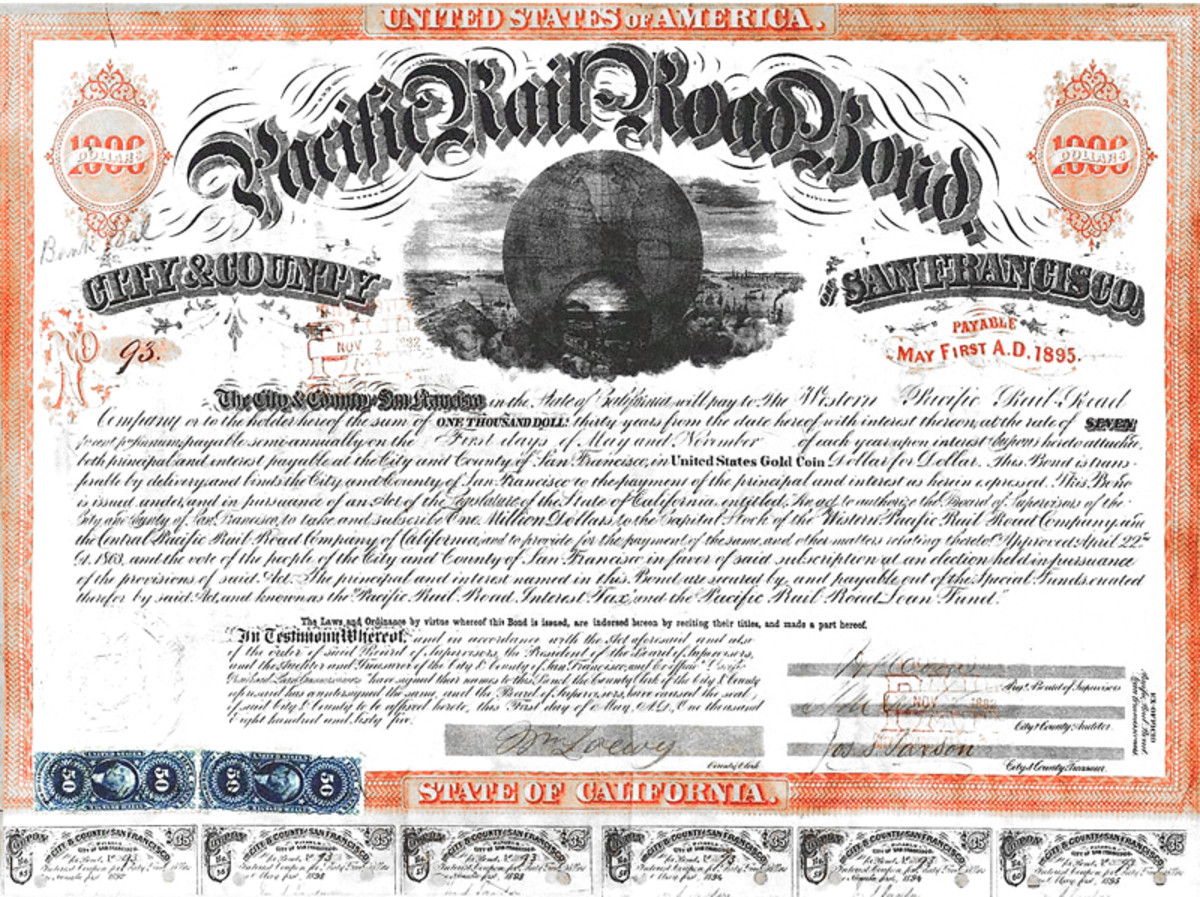Saving & Investing for Beginners: Financial Institutions

The financial system in the United States is made up of many different types of financial institutions that coordinate money between savers (people who spend less than they earn) and borrowers (people who spend more than they earn). People save for different reasons, like to put a child through college someday or to retire comfortable in the future. At the same time, borrowers borrow for many reasons—to buy a house or start a business. Savers supply their money to the financial system expecting they will get it back with interest later. Borrows receive money from the financial system knowing they will pay it back with interest at a later date.
Different financial institutions juggle the coordination of the savers’ needs and the borrowers’ needs. There are two categories of financial institutions: financial markets and financial intermediaries. After you learn more about them, you will be better at making your financial decisions.

Financial Markets
These are the institutions through which people who want to save money can supply funds to people who want to borrow. The two important markets are the bond market and the stock market.
The Bond Market: Companies can borrow money from the public by selling bonds. A bond is an IOU between the borrower (company) and holder of the bond (investor). The bond specifies when the loan will be repaid (date of maturity) and the interest rate that will be paid until the bond matures. If you hold a bond, you can keep it until maturity or sell it to someone else before the maturity date. Selling bonds is called debt finance. Owners of bonds are creditors of a company.
The Stock Market: Companies can raise money by selling stock in their company. Stock represents ownership in a company. If a company sells 1,000,000 shares of stock, then each share represents 1/1,000,000 ownership of the business. Selling stock to raise money is called equity finance. Owners of stocks are part-owners of the company. Stocks sold to the public are traded on stock exchanges.
Stock
- Owners are part-owners
- If company is profitable, stockholders enjoy profits
- If company runts into financial difficulties, stockholders may not receive any profits
- Higher risk, possible higher return
Bond
- Owners are creditors
- If company Is profitable, bondholders only get fixed interest
- If company has financial difficulty, bondholders are paid what they are due
- Less risk, stable returns

Financial Intermediaries
These are institutions through which savers can indirectly provide funds to borrowers. These institutions are the intermediaries that stand between savers and borrowers. The two important financial intermediaries are banks and mutual funds.
Banks: A bank’s primary job is to take in deposits from people who want to save and use them to make loans to people who want to borrow. Banks pay interest on deposits and charge slightly higher interests on loans. The difference between the interest rates covers the banks’ costs and creates some profit.
Mutual Funds: A mutual fund sells shares to the public, and then uses the proceeds to buy various types of stocks, bonds, or both stocks and bonds. The shareholder of the mutual fund accepts all the risk and return; so, if the value falls, the shareholder suffers loss, but if the value rises, the shareholder benefits. Mutual funds allow people with small amounts of money to diversify their investments. They make it easier for people to invest without spending a lot of money. As well, mutual funds are managed by professionals, so an investor receives the benefits of buying into a well-managed portfolio.
Beyond the Basics
There are a large variety of financial institutions in the U.S. economy besides these basics, like pension funds, credit unions, insurance companies, and even loan sharks. But when you are first starting to invest, it is a good idea to stick to the basics to learn the ropes. As you continue to learn about investing, you can start to branch out. You should consider talking with a financial planner about your options, which will give you the opportunity to ask any questions you may have.






